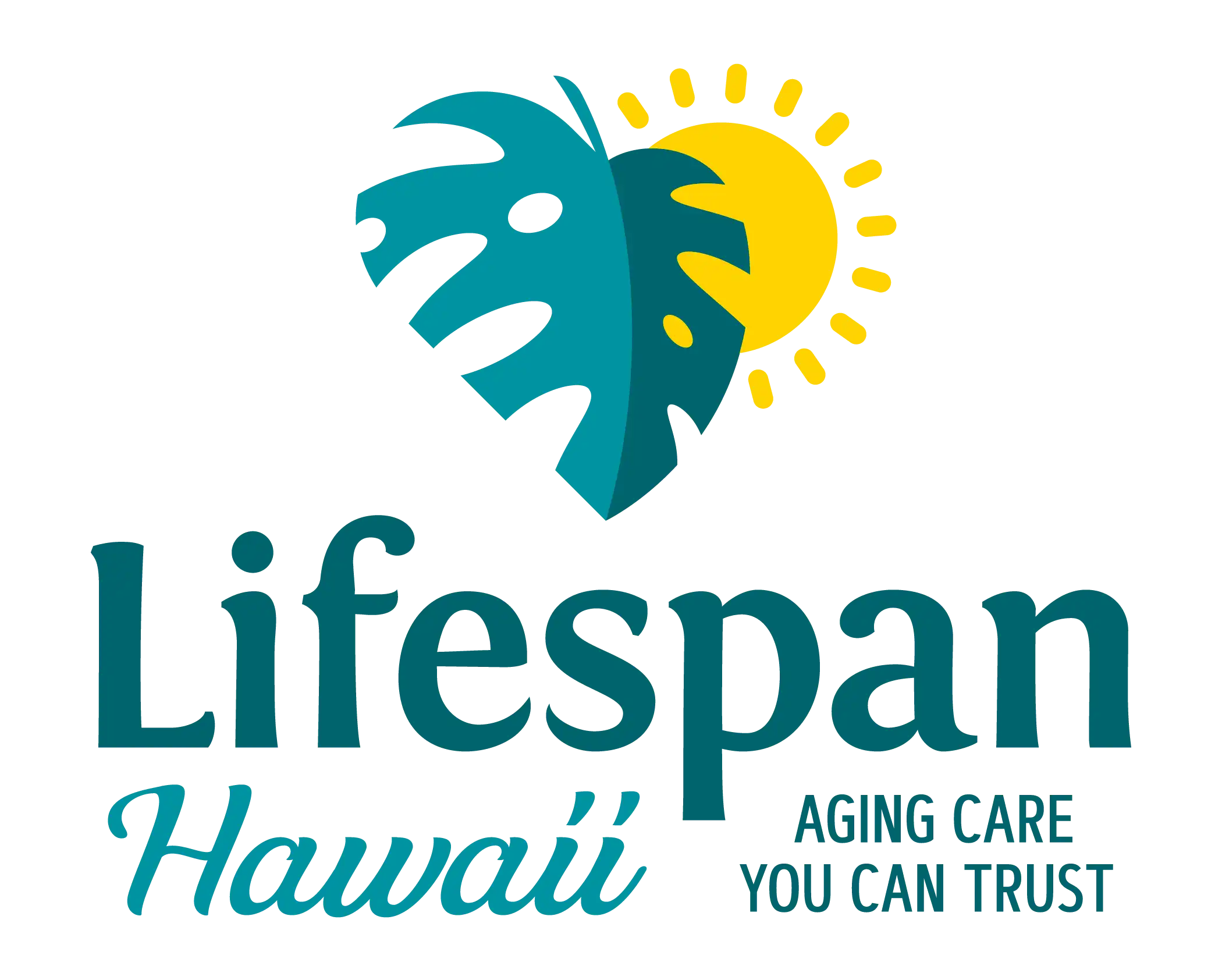Abercrombie Plans to Veto 10 Bills
Gov. Neil Abercrombie today indicated he plans to veto 10 bills passed this year by the state Legislature, including two proposed by his own administration.
The governor has until July 8 to act on bills by signing, vetoing or allowing them to become law without his signature.
Under the Hawaii Constitution, the governor has to provide 10 working days’ notice of any potential vetoes.
“I commend legislators for passing many important and relevant measures this session that will benefit Hawaii’s residents, like higher minimum wage and land preservation,” Abercrombie said in a statement.
“However, there are a few bills I am considering vetoing because of input I have received from concerned individuals,” he said. “Other bills, despite their good intentions, will not work as they are written.”
One of the targeted measures is Senate Bill 2874, which would require that the state Board of Land and Natural Resources have at least one member with a background in native Hawaiian traditional practices.
The bill was one of two on the veto list that were also part of the package of legislation introduced at the governor’s request.
Abercrombie spokesman Justin Fujioka said the bill is being vetoed because it is similar to House Bill 1618, which was introduced at the request of the Office of Hawaiian Affairs. HB 1618 was passed by lawmakers two weeks before SB 2874 was approved, and signed last week by the governor.
The other administration-proposed bill on the veto list is Senate Bill 2821, a lengthy measure which would make more than a dozen revisions to the state’s insurance code.
The legislation was supported by the state’s insurance commissioner, Gordon Ito, who testified that it would insure the state’s Insurance Division would maintain its accreditation with the National Association of Insurance Commissioners.
It was opposed by Cheryl Kakazu Park, director of the state Office of Information Practices. Park testified the changes would put some government records out of the reach of the Uniform Information Practices Act.
That statute, also known as the “Sunshine Law,” mandates open meetings and access to government records.
Fujioka could not immediately say why that bill made the list, but said the veto notice gives Abercrombie time to analyze it further.
Also on the veto list is House Bill 1288, which deals with succession involving a vacancy in the lieutenant governor’s office.
Under current state law, that would fall first upon the Senate president and then the speaker of the House, followed by the attorney general and various other cabinet members.
The bill would require that the successor be of the same political party as the governor. If neither the Senate president nor House speaker are of that party, then the governor would be able to appoint the successor, as long as he or she is from the same party.
The other bills on the list are:
- House Bill 2163, which would require courts to consider the interests of minor children in custody decisions as they pertain to both parents
- House Bill 2427, which relates to the repeal of non-general funds
- Senate Bill 60, which deals with rights of victims of crime and surviving family members relating to notification about court events and other assistance
- Senate Bill 2431, which relates to financial matters involving the Hawaii Tourism Authority
- Senate Bill 2483, which deals with fiscal matters involving condominium associations
- Senate Bill 2589, which would transfer law enforcement functions of the state Harbors Division to the Department of Public Safety
- Senate Bill 2682, which would require that financial disclosure statements of certain boards, commissions and agencies be available for public inspection and would limit information as to the source of income of their spouses and children
According to the statement, some of the governor’s objections to the bills stem from testimony submitted by state agencies during legislative hearings. It said he is still weighing the vetoes as well as unsigned bills and may make changes to the list.
Fujioka said an explanation of the reasons for any veto cast will be provided at that time.
Abercrombie’s office said he has so far signed 121 bills into law.
In 2013, he indicated he would veto nine bills but ultimately vetoed only three, signed one and let the other five — along with seven others — to become law without his signature.
So far this year, the governor has allowed three bills to become law without his signature.
Abercrombie also served notice earlier this month that he would do a line-item veto in House Bill 1700, the state budget, to deal with a $444 million shortfall in capital improvements.












